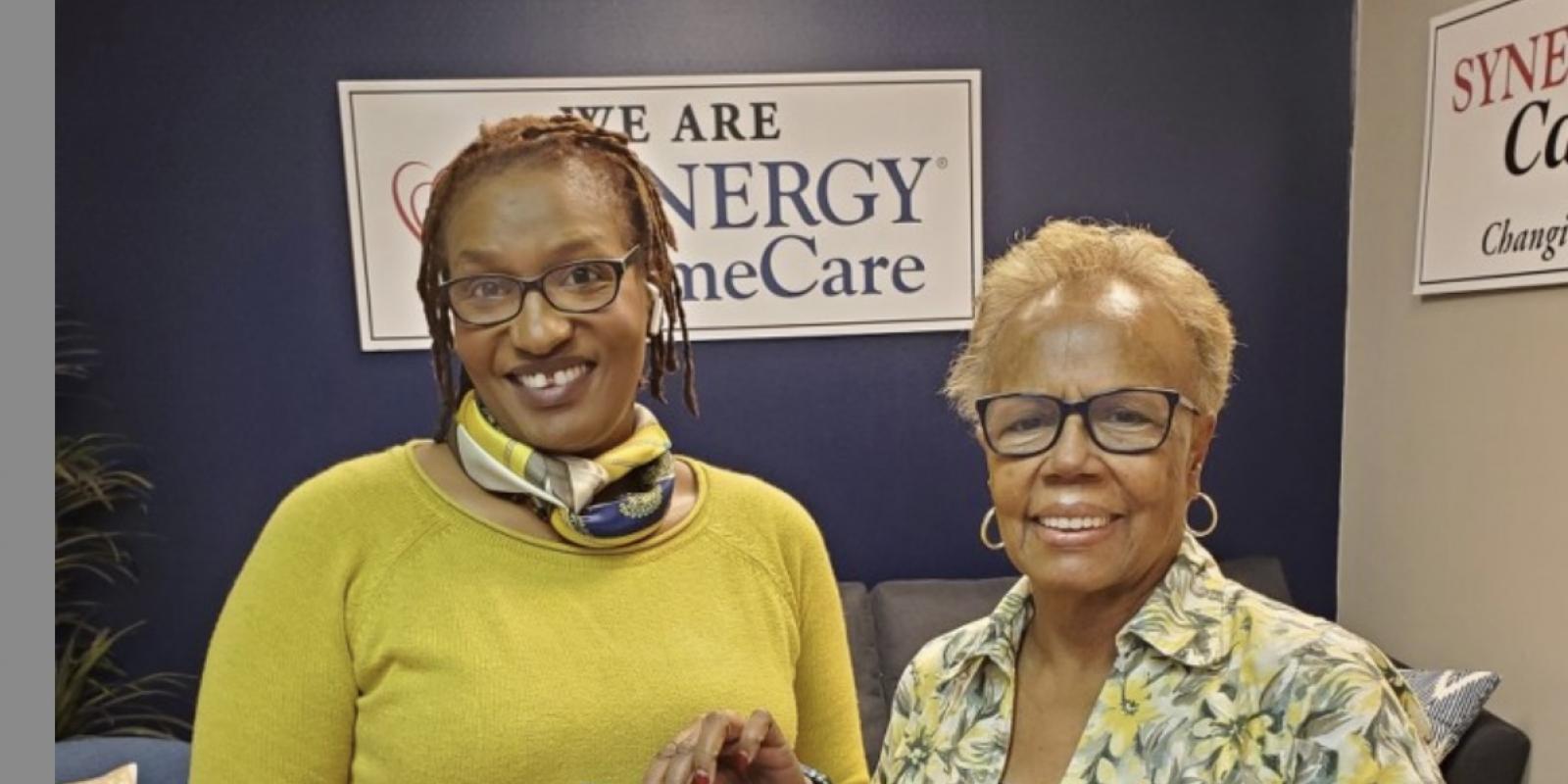The storm that blew across the U.S. on Valentine’s Day dumped record snowfall in Texas, where power was knocked out in 2.8 million homes and businesses, and Houston set a record low of 15 degrees Fahrenheit, beating the last severe cold snap’s record in 1905. A likely underestimate of dozens of deaths occurred in the state, experts expect that number to rise in the following weeks and months.
Suzanne McCulley, 78, has worked as a paid caregiver for Synergy HomeCare of Northwest Houston for the past six years, lives in Humble, Texas, near Houston, and cares for a 97-year-old about a half an hour from her home.
In this post-retirement endeavor—McCulley already spent one career working as a subcontract administrator for Raytheon—she generally works 12-hour shifts from 7 p.m. to 7 a.m., as needed.
On Feb. 14 it had snowed so heavily that the woman on tap to replace McCulley at 7 a.m. on Feb. 15 called in stuck at home with small children and neither power nor water. McCulley agreed to stay on, as long as she could find some of her necessary blood pressure meds, which luckily she located in her car.
Synergy’s Client Care Manager Margaret Robinson had promised McCulley she’d be leaving the night of Feb. 15, but as the other caregiver remained stuck with no water or power, she ended up staying over again at her client’s house, totaling three straight 12-hour shifts.
Granted, McCulley says the woman she cares for is independent, has children that check in often, and enjoys hobbies like jigsaw puzzles.
‘Now, it’s not just the disasters you know, but that the disasters will come with something else.’
“I really had no choice,” said McCulley, about staying put. “I was worried about driving on ice, my car windows were all covered in snow and I didn’t know how to get it off. Plus, to get home I have to drive over a bridge that can be icy.”
The power in the client’s house stayed on all night, and with water left to drip out of the taps, the pipes didn’t burst and they had water as well. By the time McCulley was finally able to drive home she found her garage door wide open, meaning her house had lost power and was freezing.
Meanwhile, Back at the Office
Robinson said the Synergy office lost power for 24 hours while everyone worked from home. Fortunately, she had the forethought pre-storm to instruct staffers to bring home their laptops, “as you never know what might happen,” she said.
The pipes at the office burst, and 11 days later, water was being sopped up and some colleagues were still not working.
Generally, Robinson said, Synergy doesn’t schedule people who have young children to work during crises, but the woman originally scheduled to relieve McCulley lives only five minutes from the client so she thought it would work out. For most of Synergy’s clients they were able to move caregivers around to ensure full coverage and the option of sticking around if things got ridiculous.
Two other Synergy caregivers went to work on Sunday like McCulley and stayed through Wednesday. In one instance the pipes in the client’s house had burst, they had no electricity and the family ended up having to move to a hotel. Another caregiver packed a bag ahead of time knowing she had to traverse a major highway that would likely be shutdown, and stayed with that client Sunday through Wednesday, without water or power.
“Only one client had a real issue,” said Robinson. The caregiver lives next door and was able to provide care, but the client was bedbound for two days because they require a Hoyer lift to be moved and had no power to do it.
“We have to be prepared for the worst,” says Robinson. “Last year with COVID-19 taught us a lot.” For starters, they’re going to start stocking lots of bottled water in the office.
“Now, it’s not just the disasters you know, but that the disasters will come with something else, with other effects we don’t think about. We have had major hurricanes, but the power never went out. And the water—that was unexpected,” said Robinson.
McCulley is rather sanguine about the whole thing, admitting that she might get called to work more often than other caregivers because, “I’m the old person who doesn’t have anything else to do.”
When she signed on with Synergy she made it clear it was for part-time work, just something to “pick up when someone needs help,” but it hasn’t always worked out that way, as it didn’t during the storm. McCulley sought out the caregiving job because, she said, she “likes helping.” And she’s talented at it, said Robinson. So talented that last year Synergy gave her the Caregiver of the Year Award. Not sure how they’ll top that this year, with her storm coverage.
Image (top) courtesy of Synergy HomeCare shows Synergy Client Care Manager Margaret Robinson, left, and caregiver Suzanne McCulley.













